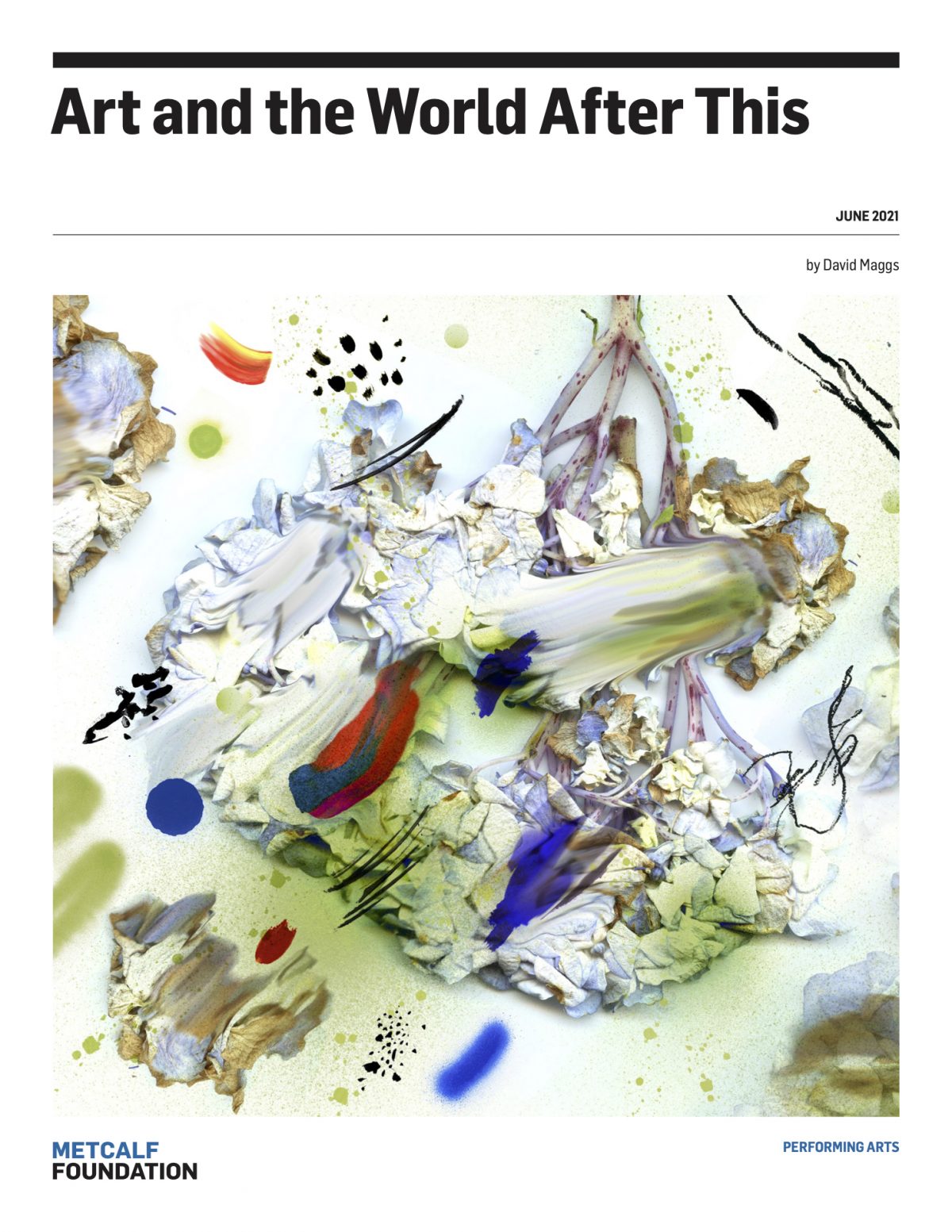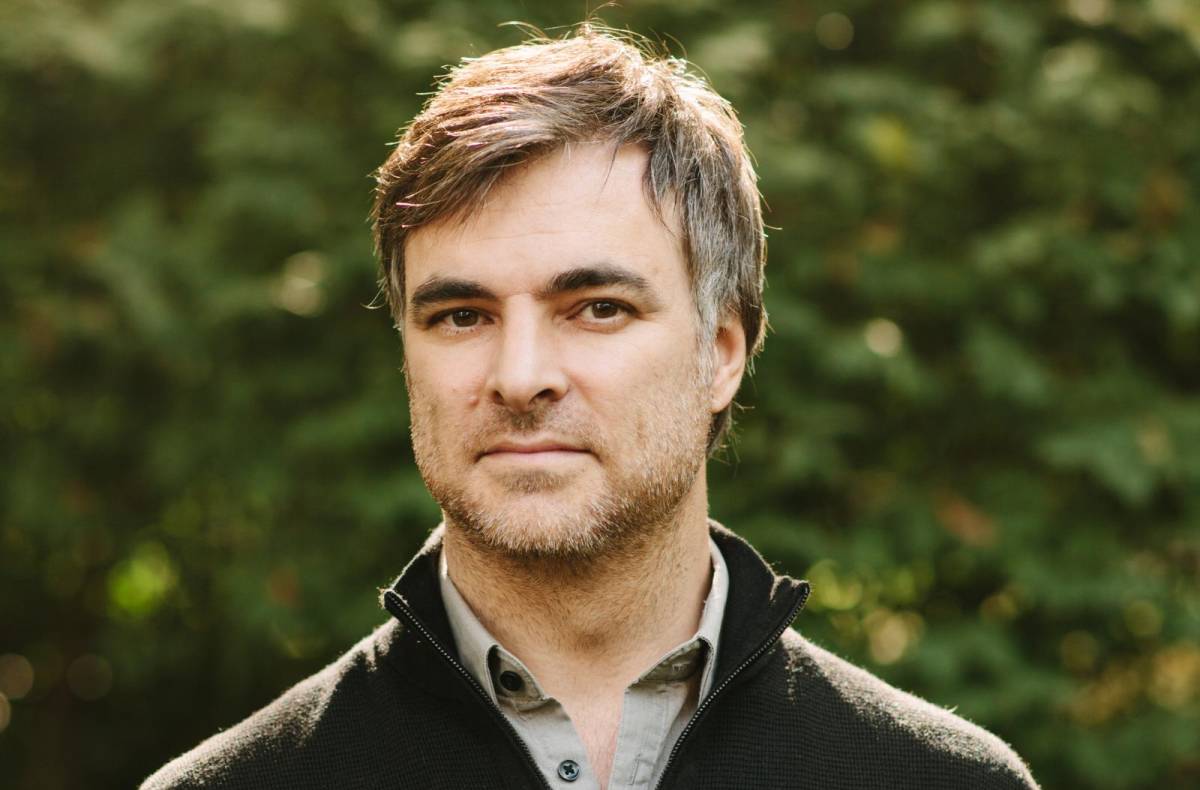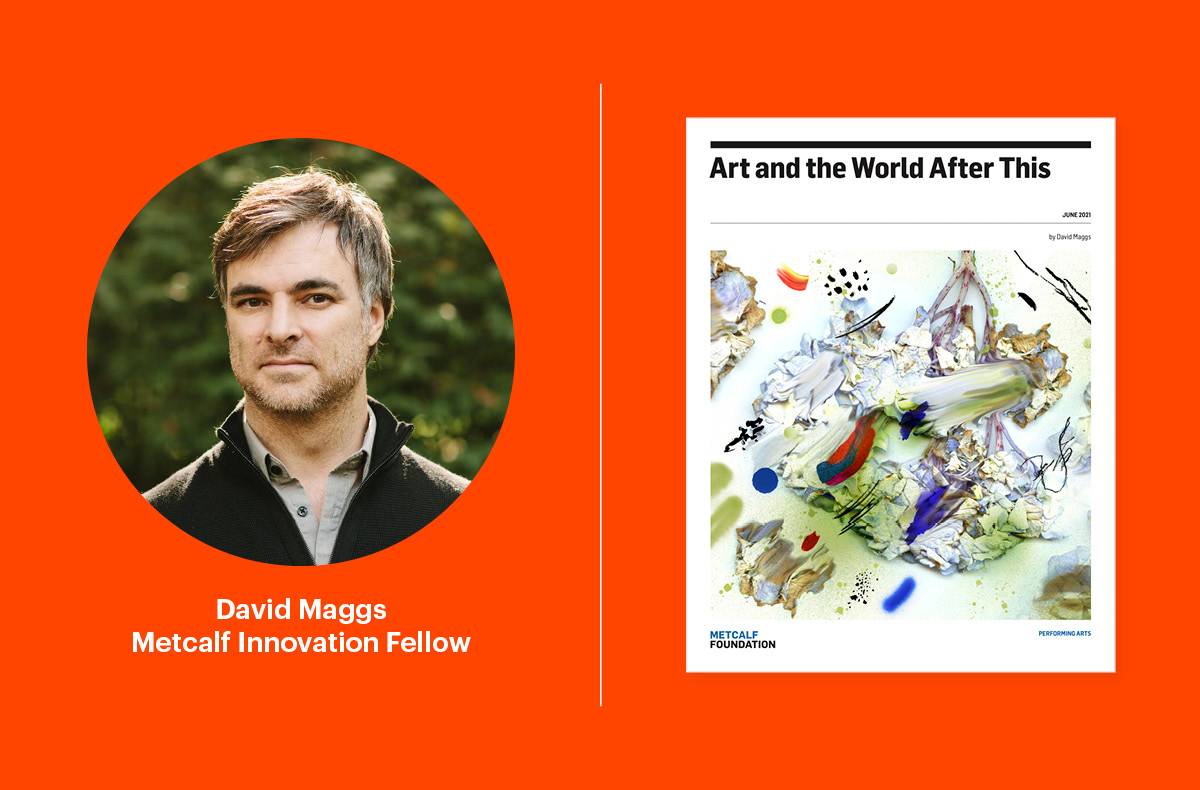In Art and the World After This, Metcalf Fellow David Maggs outlines four interrelated disruptions faced by Canada’s non-profit arts sector and identifies the unique value art brings to society. As an artist, academic, and sustainability scholar, Maggs brings a unique perspective to the subject of disruption and transformation. The report is informed by consultations and conversations with numerous arts workers, funders, and academics from across the country and beyond.
Collectively, we are facing the disruption of activity, stemming from COVID-19; the disruption of society, emerging from ballooning social unrest; the disruption of industry forced by the digital revolution; and finally, the disruption of world, rooted in the existential threat of the climate crisis. Maggs explores how the arts can serve a more applied and accountable role in society as a catalyst for meeting the profound challenges we face. The report makes the case for how this must be done not by instrumentalizing the arts, but by the arts doing that which only the arts can do.
To proactively tackle the world’s complexity, Maggs argues for a shift towards a system-approach across the arts sector that can enable innovation and learning through a direct relationship to research and development (R&D). He introduces us to the idea of the complexity economy and asks us to consider three questions:
- What are we doing here anyway? To prepare for deep transformative change, this first question attempts to identify the arts sector’s essential value proposition.
- Is this an ecosystem or a zoo? The shift from a paradigm of ‘production and presentation’ to innovation will require adopting an integrated systems-approach.
- Can we learn our way out of this? This question considers the broad issue of the arts sector’s capacity to learn, especially through the lens of R&D.
Driven by a sense of urgency and optimism, Art and the World After This makes the case for grounding the arts firmly in action as a powerful force for creating a better world.




